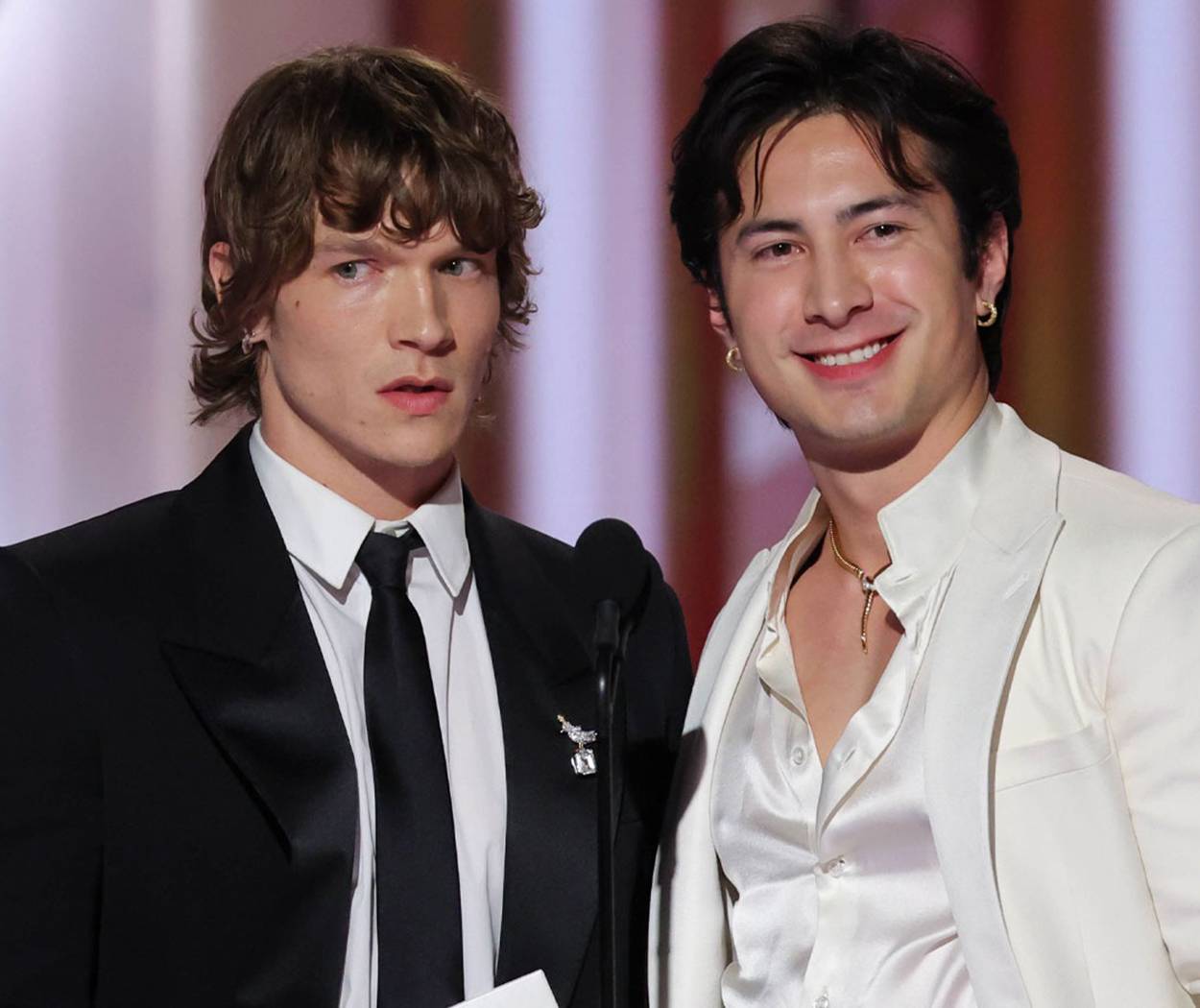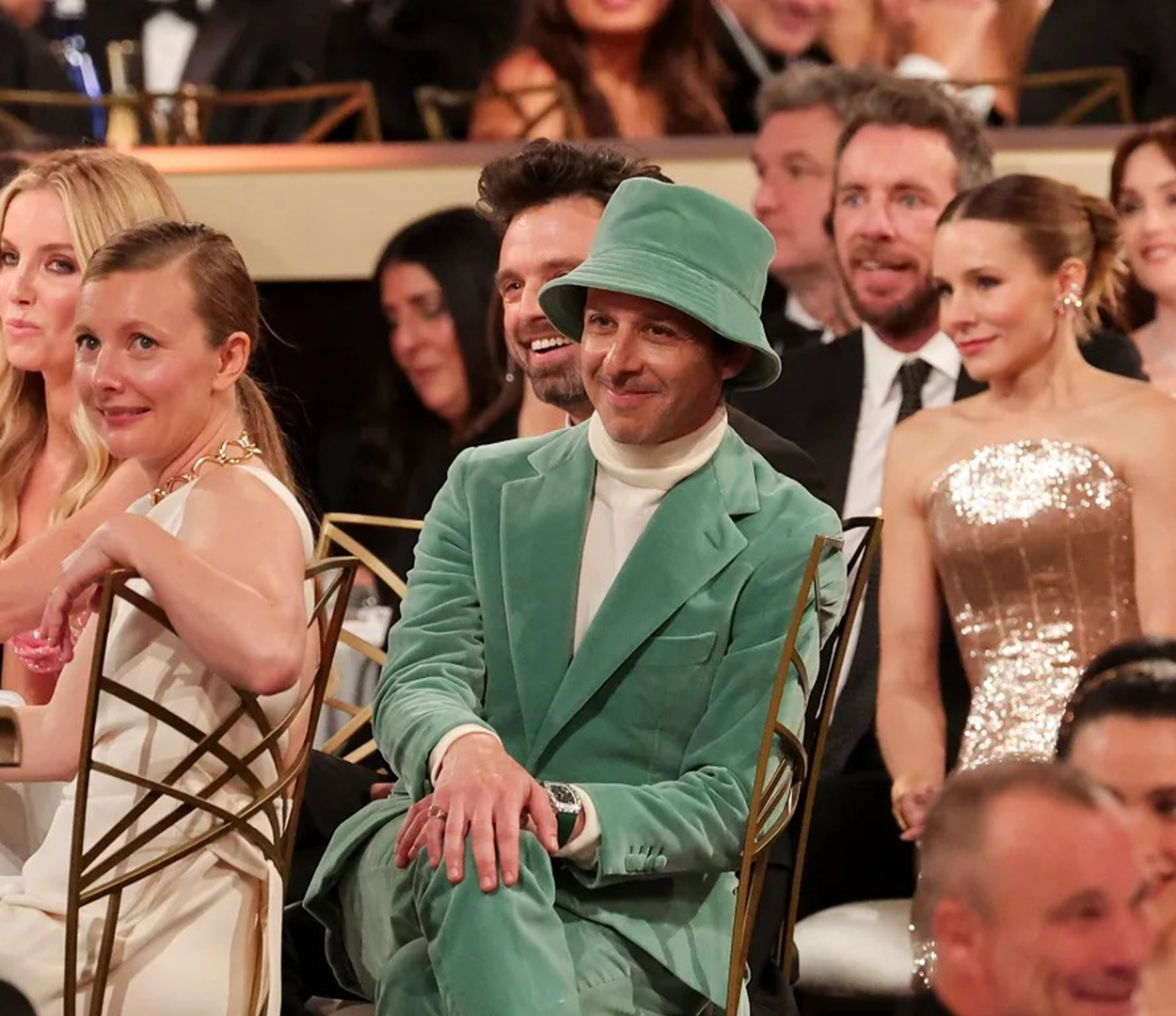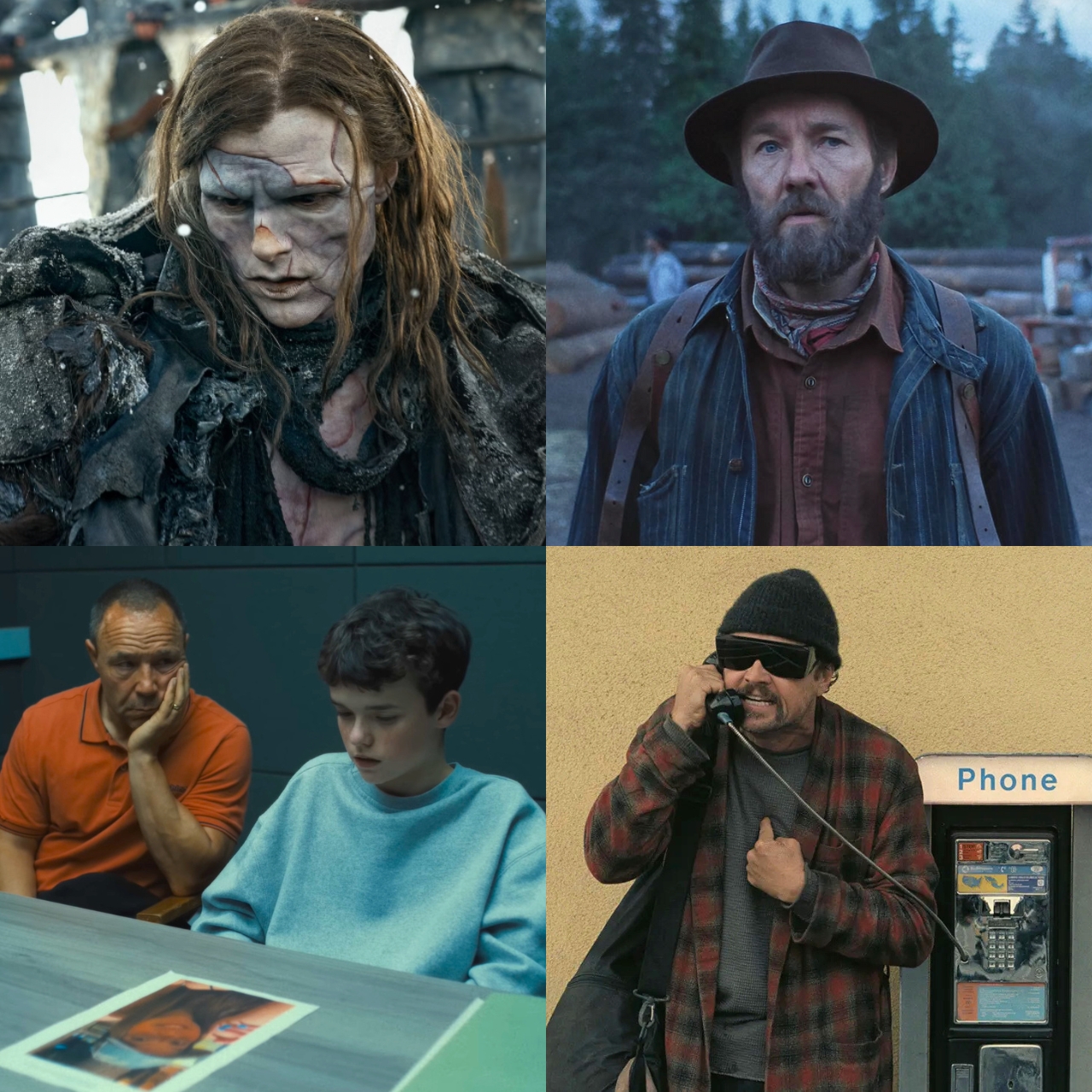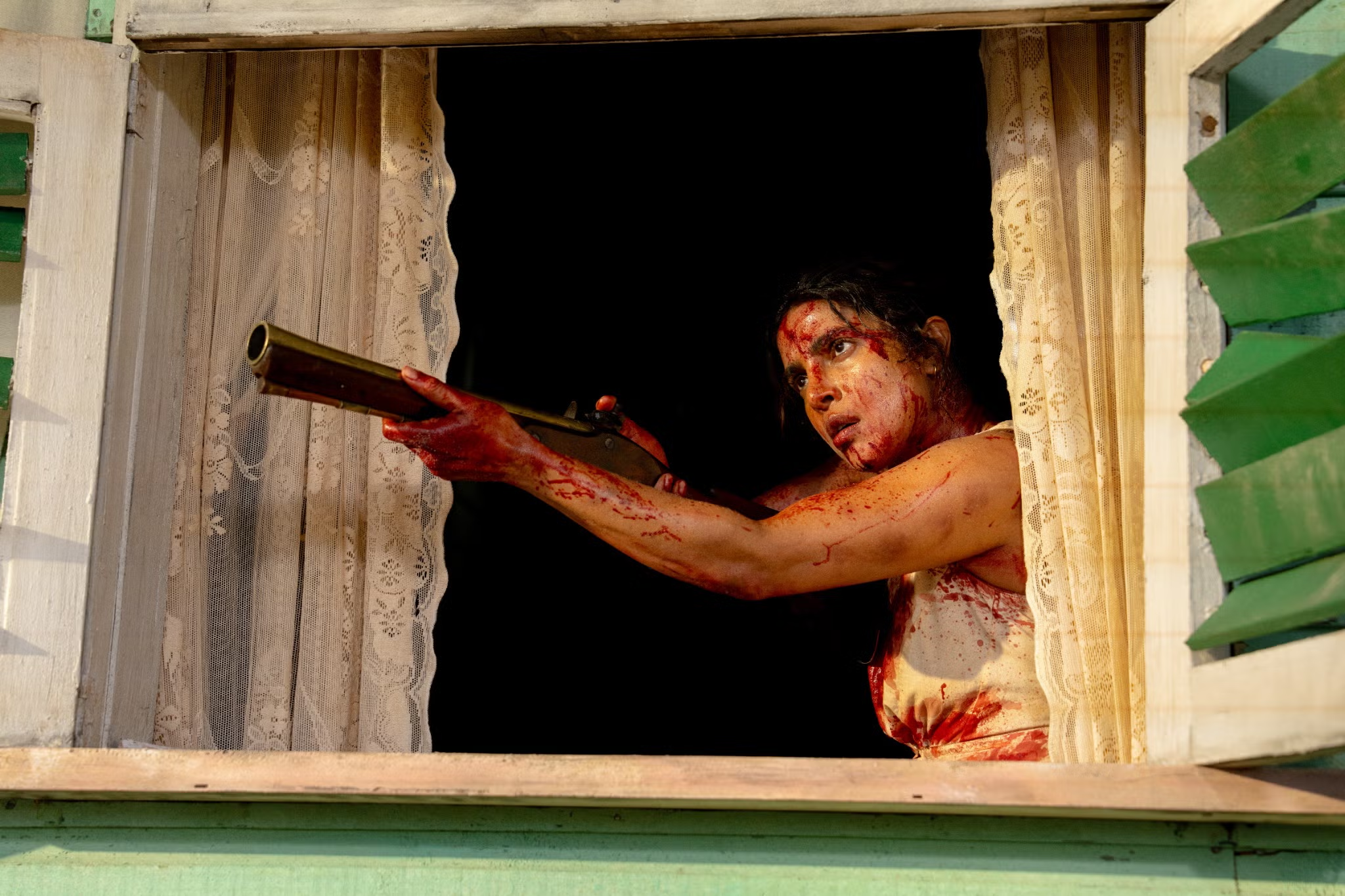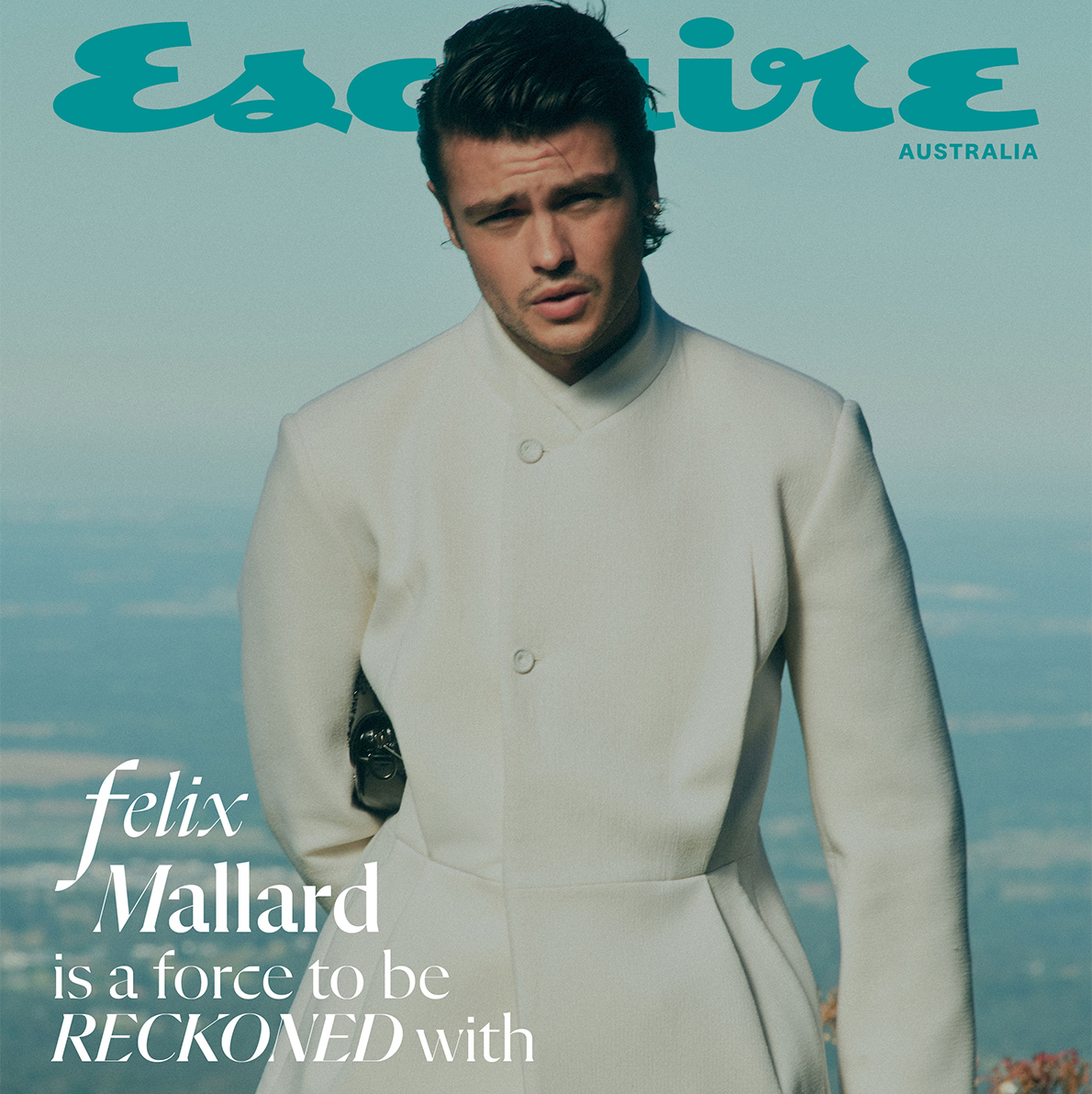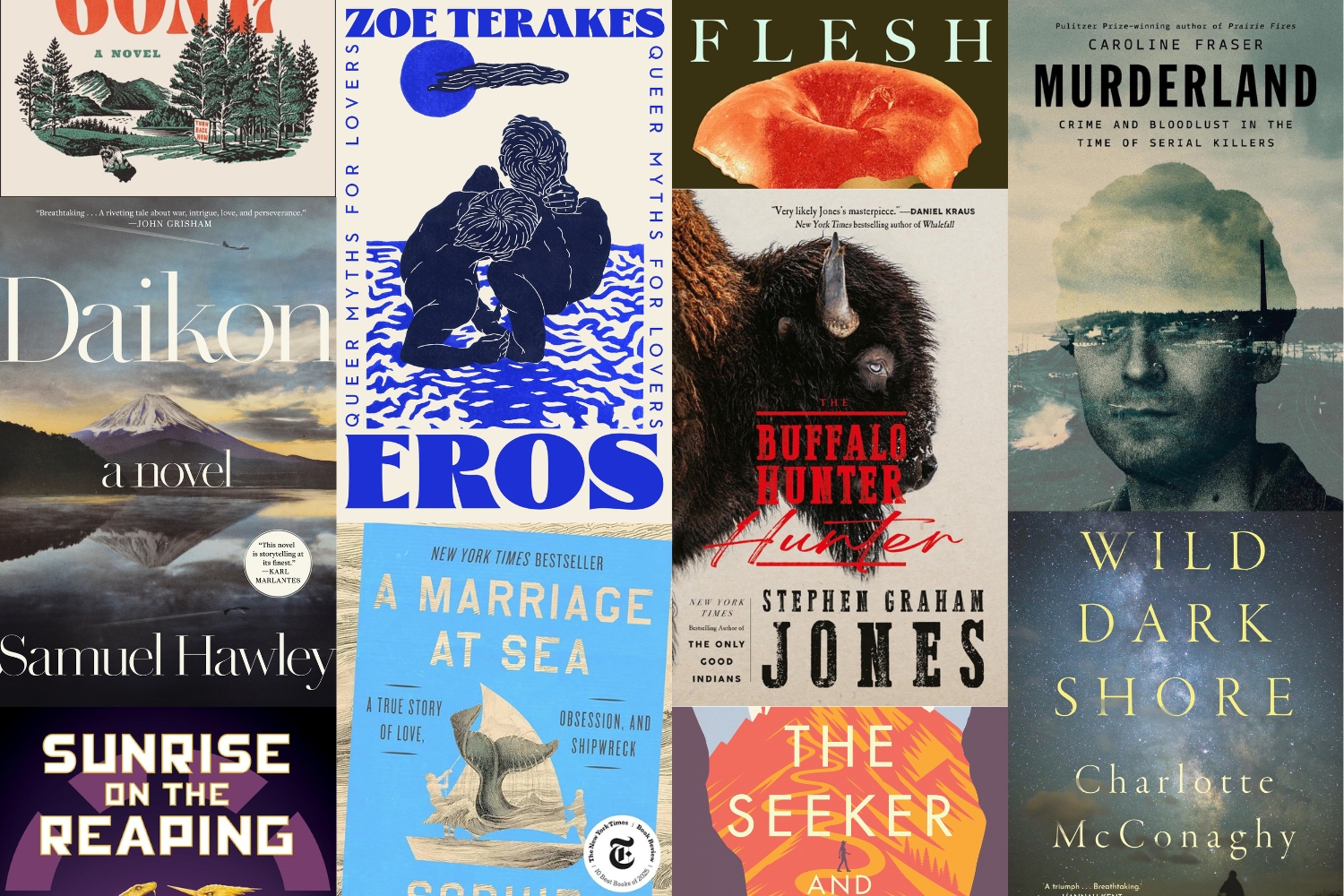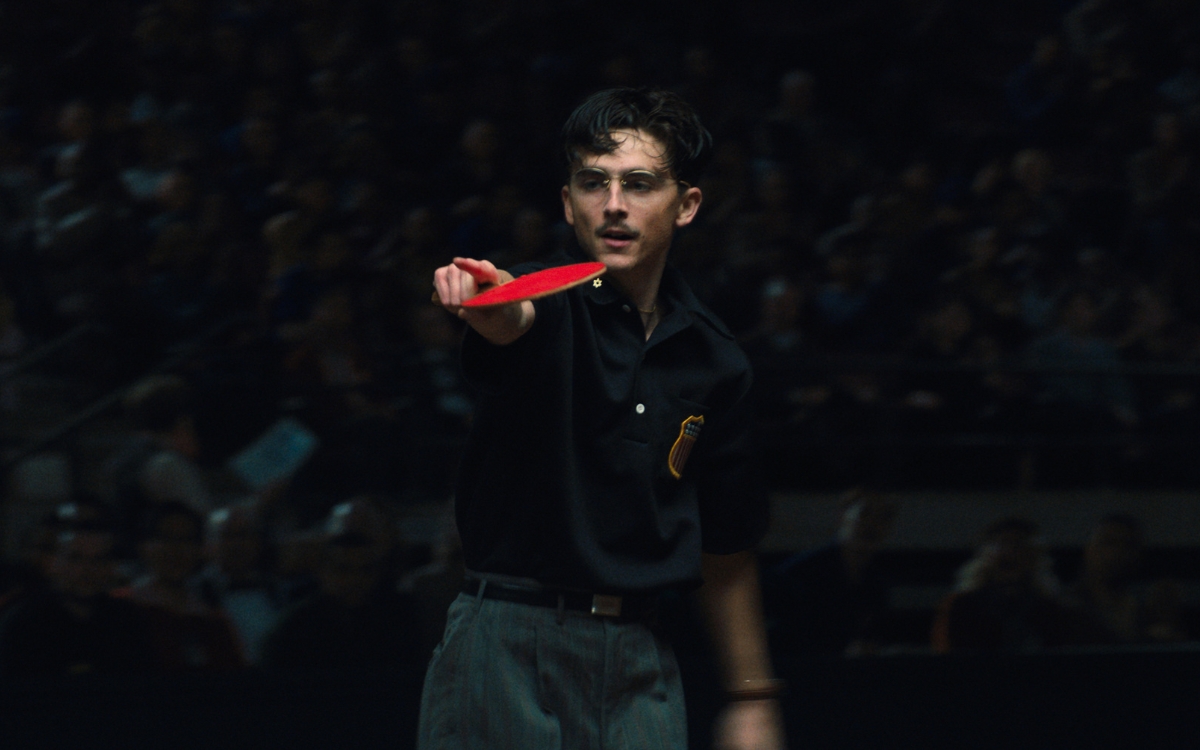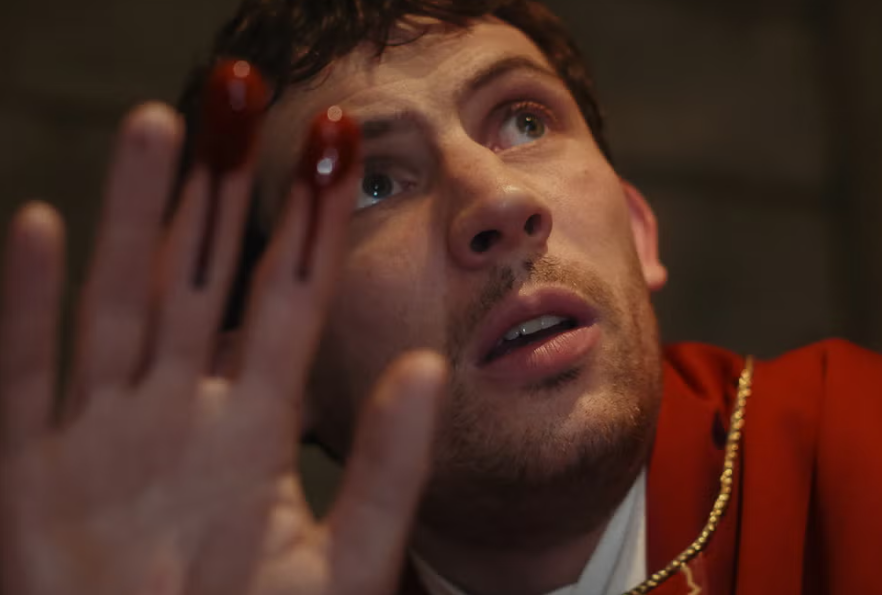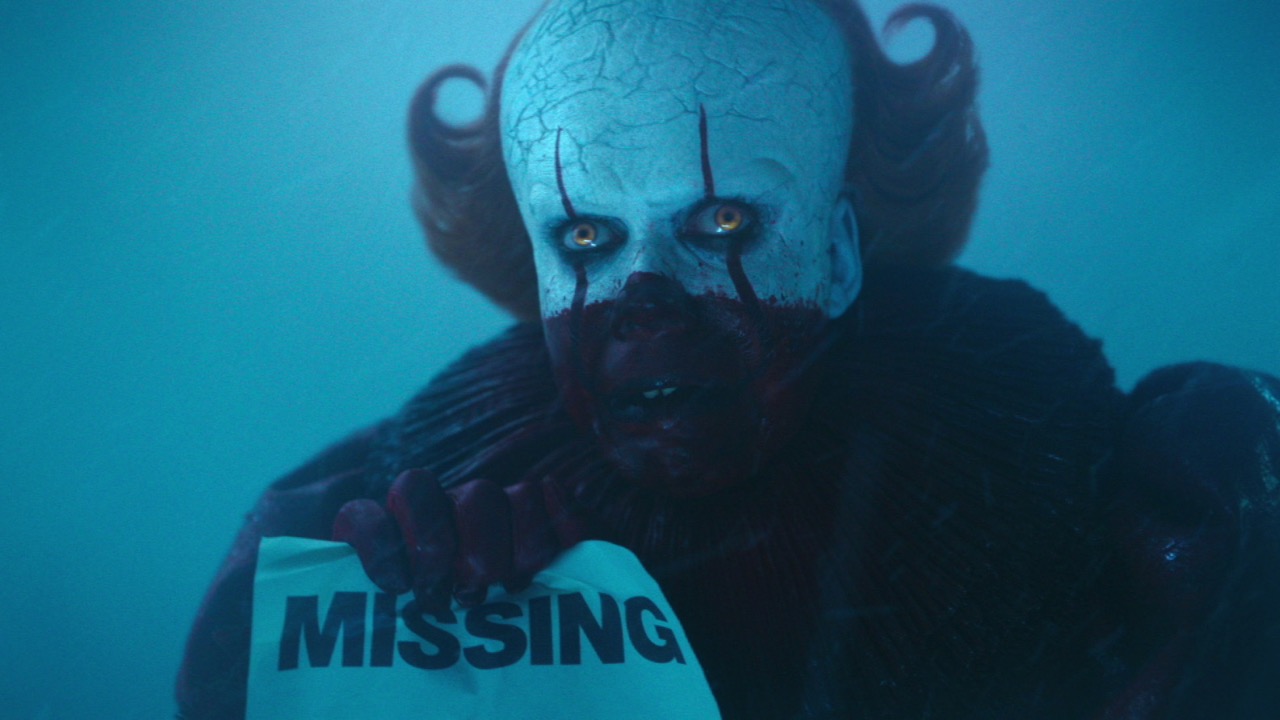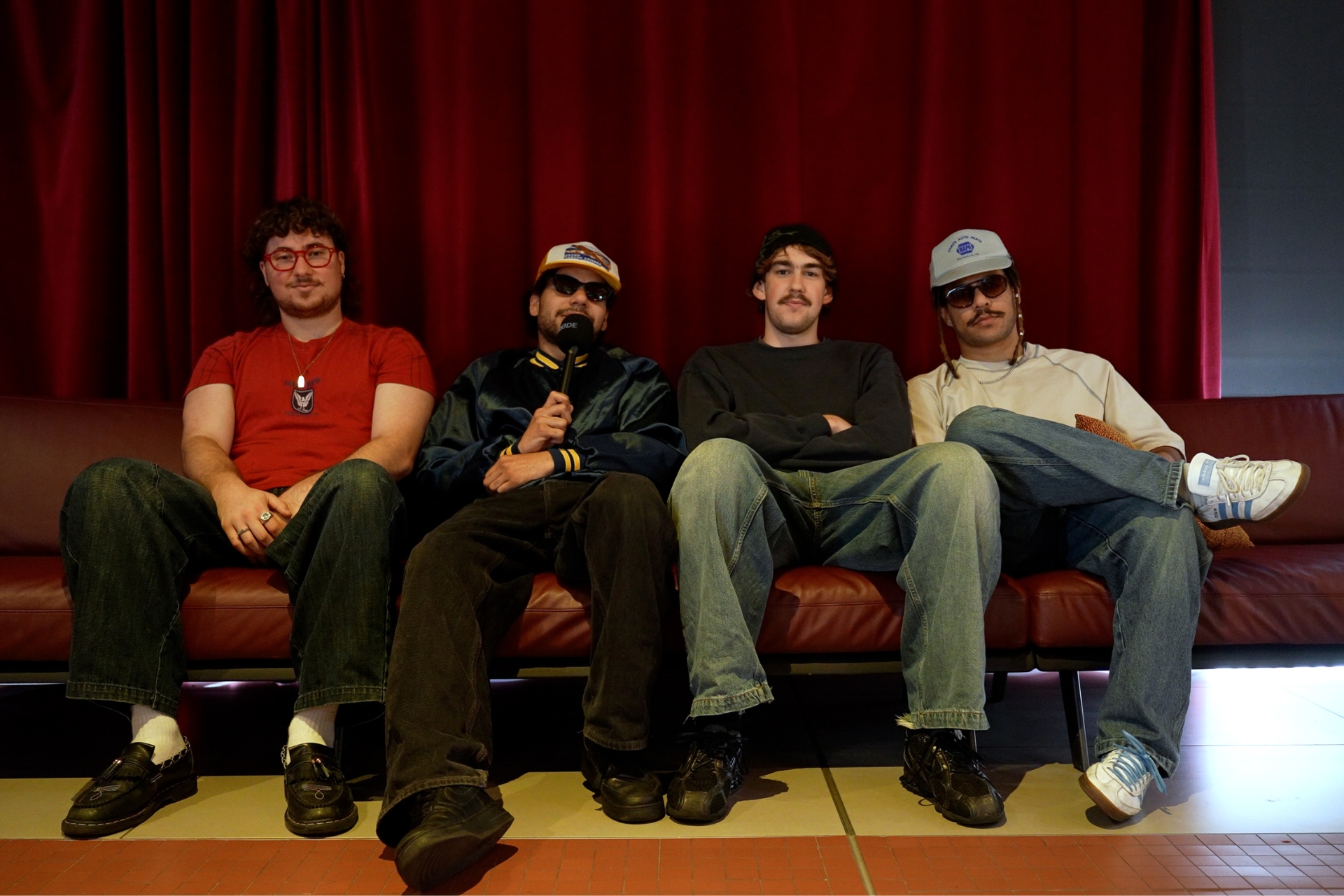Scott Cooper on the thrilling and intimidating task of directing the ‘Springsteen’ biopic
With a new film exploring the genesis of Bruce Springsteen’s most troubling album, 1982’s 'Nebraska', director Scott Cooper takes us behind the scenes of a tantalising production that promises to raise the bar for a burgeoning genre

IT IS PART OF SPRINGSTEEN LORE that after seeing him perform in Cambridge, Massachusetts on May 9, 1974, music critic Jon Landau wrote: “I saw rock and roll’s future and its name is Bruce Springsteen”. Well, a half century on, having just watched 25 minutes of preview footage under tight security in a Sydney cinema, here’s my sequel to Landau’s declaration: I saw the future of music documentary and its name is Springsteen: Deliver Me from Nowhere.
Unlike recent examples of a film genre that has been proliferating since Bohemian Rhapsody (2018), Springsteen: Deliver Me from Nowhere is not a sweeping account of its subject’s life. Instead, it homes in on a few months in 1981-82, when Springsteen was flying high in the wake of his chart-topping 1980 album, The River, but slipping nonetheless into melancholy and confusion, tormented by memories of a dysfunctional childhood spent in the dilapidated home of his grief-damaged paternal grandparents in Freehold, New Jersey.
At the time, everyone had expected Springsteen’s next offering to be another heartland rock ’n’ roll album, replete with party anthems and poignant ballads. Instead, the troubled artist, 33 at the time, made one of the sharpest left turns in music history, retreating to the bedroom of his rented farmhouse in Colts Neck, New Jersey to record, unaccompanied, the 10 bleak and mournful tracks of Nebraska, in which Springsteen inhabits the minds of killers and other desperados, as well as a morally conflicted cop and his own searching, unmoored childhood self. To this day, Springsteen calls Nebraska his most self-revelatory work. And vocally (has Springsteen’s voice ever sounded deeper or purer than it does on this album?), it might also be his finest.
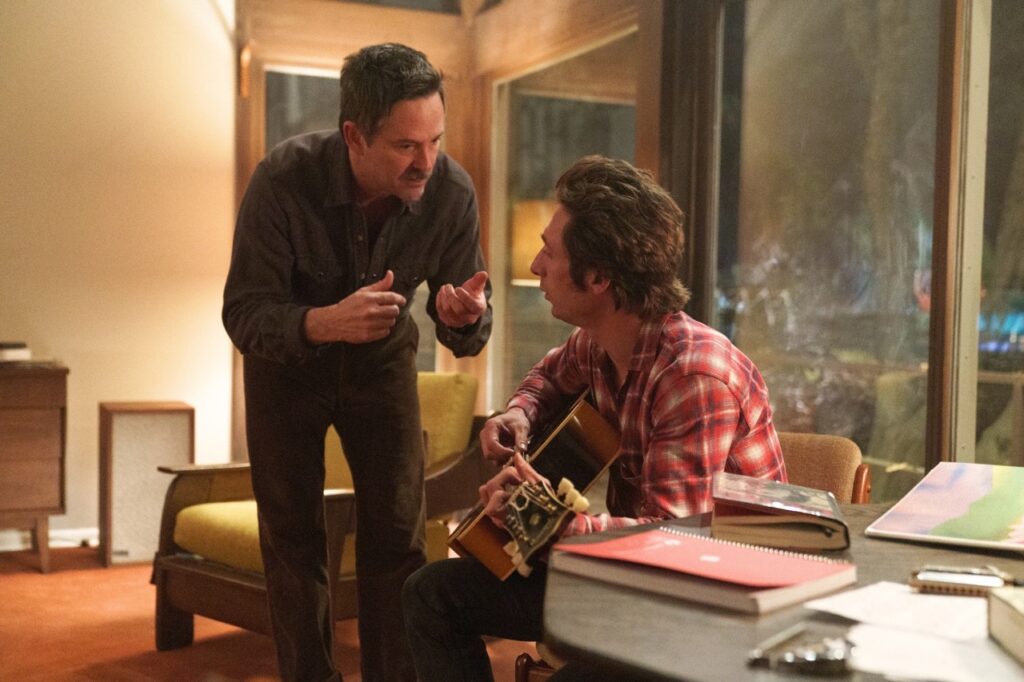
Deliver Me from Nowhere is based on the 2023 book of the same name by Warren Zanes. Jeremy Allen White (The Bear) plays Springsteen, while Scott Cooper (whose directorial debut, 2009’s Crazy Heart, struck a chord with Springsteen) calls the shots. Cooper tells Esquire that making the film was simultaneously a labour of love and an ordeal. In the first week of production this past January, Cooper lost first his father and then his Pacific Palisades home, which was incinerated in the LA fires.
“Bruce was on set with me when my house burned, and he said, ‘Move into my house’,” Cooper recalls. “The project posed challenges for me that no previous film has.”
But was it worth it? Hell, yes. “Here’s what I’ll say,” Cooper says. “When the subject of your movie sees it for the first time and he comes out in tears and he hugs you and kisses you and says, ‘This is more than I could have ever hoped for’, everything is great.”
Esquire: To what extent did you come to this project as an admirer of Springsteen’s Nebraska?
Scott Cooper: Nebraska was introduced to me by my father, who introduced me to my love of music. I was always drawn to the album because of its power, its starkness, its silence. I love that it’s about isolation and dealing with ghosts from the past, and that it doesn’t beg you for attention but kind of waits in the dark, trusting that you’ll come to it. And when you do, it stays with you.
Was it thrilling or intimidating to be tasked with bringing this crucial creative chapter of Springsteen’s life to the screen?
It was both. Anytime you’re making a film about an icon, an American icon who happens to be more culturally relevant now than ever, I think it’s daunting. But it was also deeply moving because it allowed me to step into the soul of an artist whom I’d long admired, and to witness up close the vulnerability and strength behind his music.
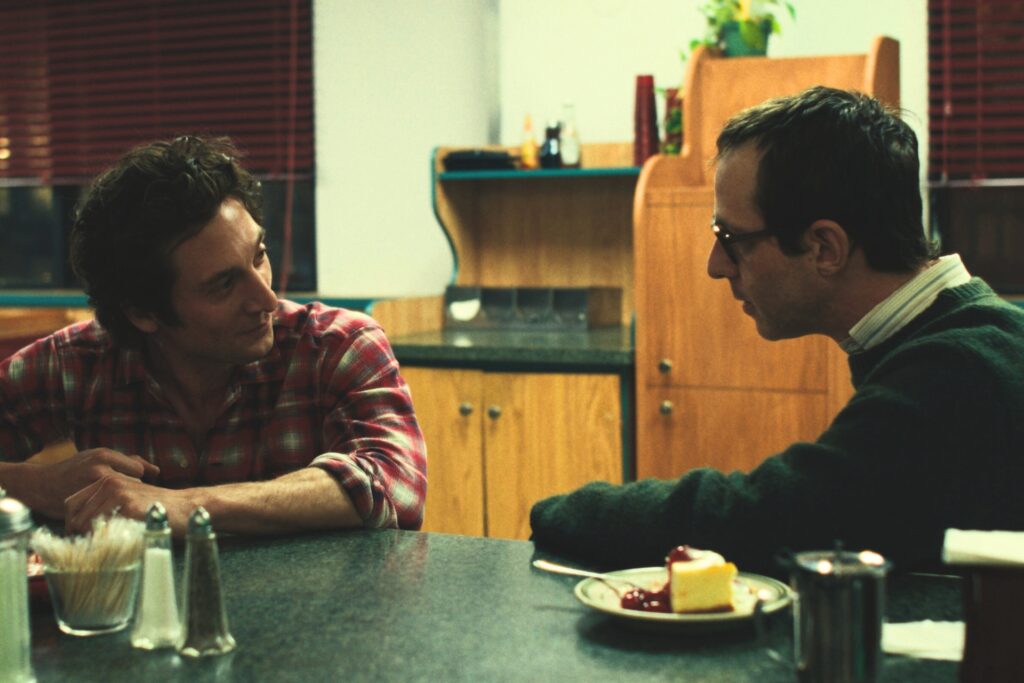
What was the level of Springsteen’s involvement in the film?
Extensive. Bruce has said no to making anything about him for decades. Some people have wanted to tell the Born in the U.S.A. story, the Born to Run story, but from the start, when I first met Bruce, he said, “Well, I want a Scott Cooper movie”, and we discussed that this would be something very quiet and interior, about a very specific and deeply personal time in his life, just a couple of months really. I think Bruce was happy to hear me say that it was never about telling the whole story of Bruce Springsteen. It was about honouring that period: the stillness, the searching, the emotional honesty. Bruce read my first draft and, quite honestly, it could have stopped there. But he said, “This is the type of story that I want to be made of my life”. I said, “I’m going to make the film the way you made Nebraska” – which is raw, uncompromising and stark.
What do you think drew him to you? I’ve heard Crazy Heart touched him?
He really did respond to that. I think, whether he knew it at the time, that he also responded to my second film, Out of the Furnace [2013], which I wrote while I was listening to Nebraska and The Ghost of Tom Joad [Springsteen’s 1995 album, in which he again turns dark; in ‘Straight Time’, he assumes the persona of an ex-con who’s feeling “the itch”]. He also said to me he cried like a baby at the end of Hostiles [Cooper’s 2017 film]. He’s told me that he was telling the American story with his songs, and I was doing it with my films. I think, I know, that Bruce never wanted a glossy biopic. He wanted this to feel like you were watching real life. He said to me that the most important thing for him was that there be no hagiography. He’s proud of everything in his life, including all the flaws, because he was conscious of them and he tried to rectify those mistakes within himself. He once said to me, “You know, Scott, the truth about yourself isn’t always pretty”.
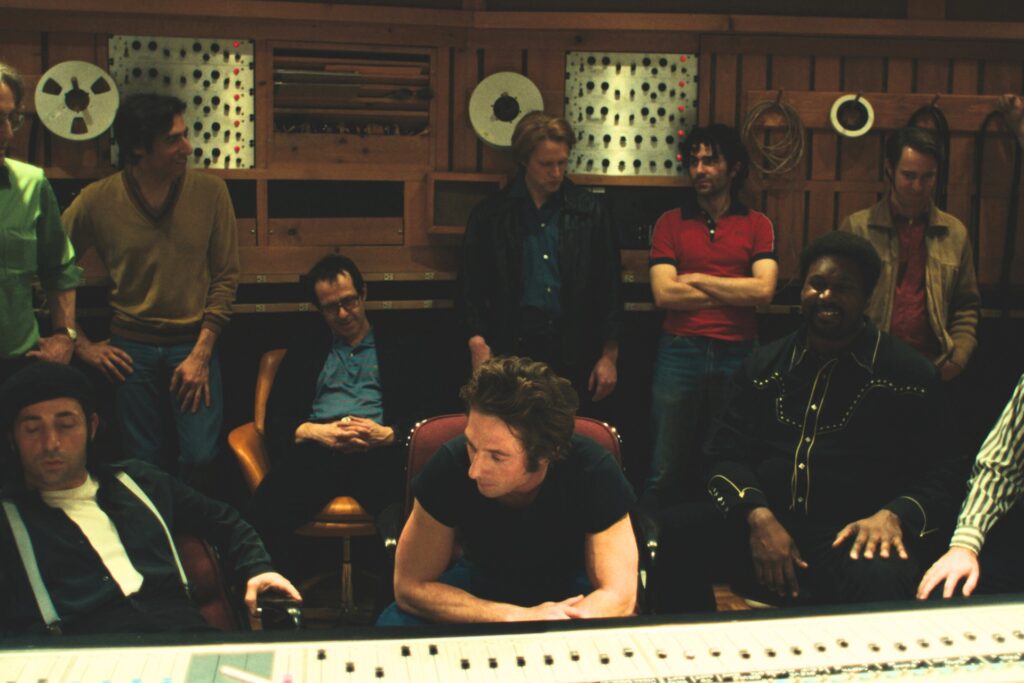
From the footage I’ve seen, Jeremy Allen White excels in what feels like the role of a lifetime. How sweeping was the audition process and what convinced you he was the guy?
Well, I don’t generally like to audition actors; I generally write for actors. If you look at Bruce in 1981-82, from certain angles, even Patti [Scialfa, Springsteen’s wife] says, “Oh, my God, that’s the man I met!” Like Bruce, Jeremy White has two things that I think are critical for this: one is humility, and the other is swagger. They don’t teach you swagger. They don’t teach you that at The Julliard School. You either have that or you don’t. And I knew that he had it. I also knew that he’s a remarkable actor. And when it comes to singing, Jeremy did all his own singing on camera, and it was remarkable at times that we couldn’t tell the difference, in certain songs, between Jeremy and Bruce. But this was about catching Bruce’s spirit; it was never about imitation. This isn’t a typical musical biopic. And if people are coming thinking they’re going to get something anthemic, with all the hits, they’re going to be sorely disappointed.
The cast includes Jeremy Strong as Jon Landau, Springsteen’s harbinger and longtime producer. Was Strong the extremely intense actor he’s been portrayed as in various profiles?
Well, Jeremy’s a long-time pal of mine, [and] when you know him as well as I do, he’s humorous, he’s warm, he’s compassionate. Then you see him play Kendall Roy (in Succession, 2018-23), and you think, Geez, that’s as far from Jeremy as you can go, and then you know he’s got range. [People] haven’t seen him the way I know him, which is what you see in the movie: loving, caring – but cutthroat if he needs to be. He is everything that I wanted in Jon Landau, and even Jon Landau agrees with that. Look, is Jeremy intense? Yes. But if you look at my filmography, it’s rife with working with intense actors. If I have a specialty, I suppose it’s that.
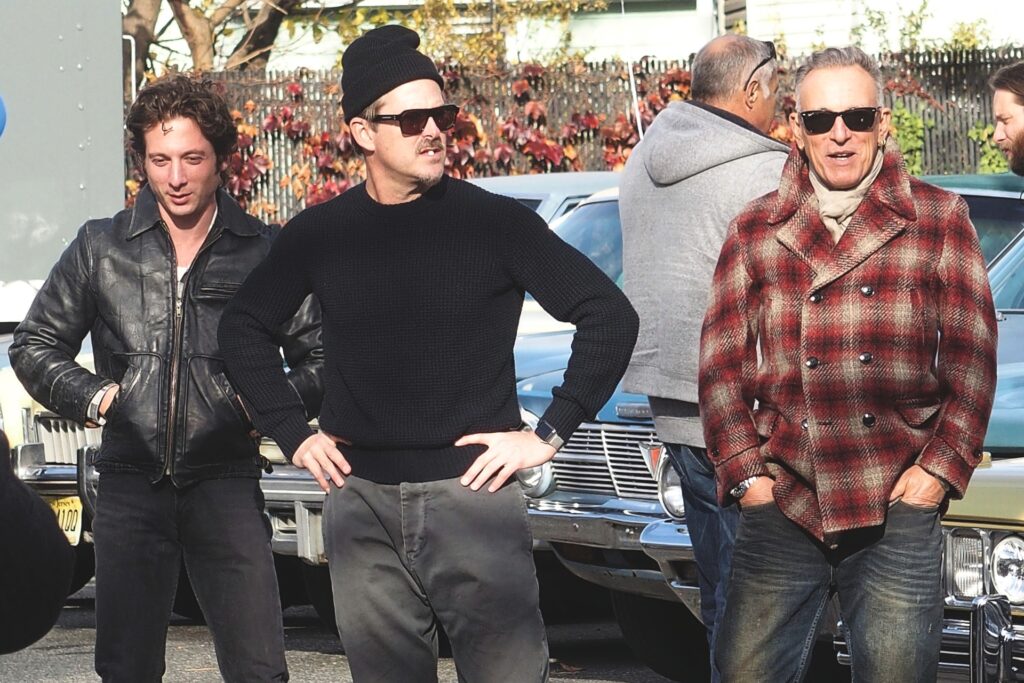
Do you see this as a film strictly for Springsteen fans?
I hope the appeal is broader than that. As I said to Jeremy White, “Listen, when I’m making a movie about Bruce Springsteen, take that pressure off yourself. We’re making a film about us, a man who’s a neglected soul who just happens to be Bruce Springsteen, who’s repairing himself through music. We all have familial issues and trauma. Not all of us, of course, are on the cusp of stardom, but there’s a similarity in that Jeremy White is on the cusp of superstardom, and I saw a parallel there with Bruce in 1981. You’re no longer like the people you grew up with. People around you treat you differently. People you’ve known and loved for a long time treat you differently. I hope that five minutes into the movie, people forget that it’s about Bruce Springsteen. Hopefully, they see themselves. And then, at the end, they remember, Wow, that was about Bruce Springsteen.
Springsteen: Deliver Me from Nowhere opens in cinemas on October 23.
A version of this story appears in the September 2025 issue of Esquire Australia with the title “Dark Turn”, on sale now. Find out where to buy the issue here.
Related:
Everything to know about the Bruce Springsteen biopic
This LA store is where Jeremy Allen White buys his vintage French workwear












